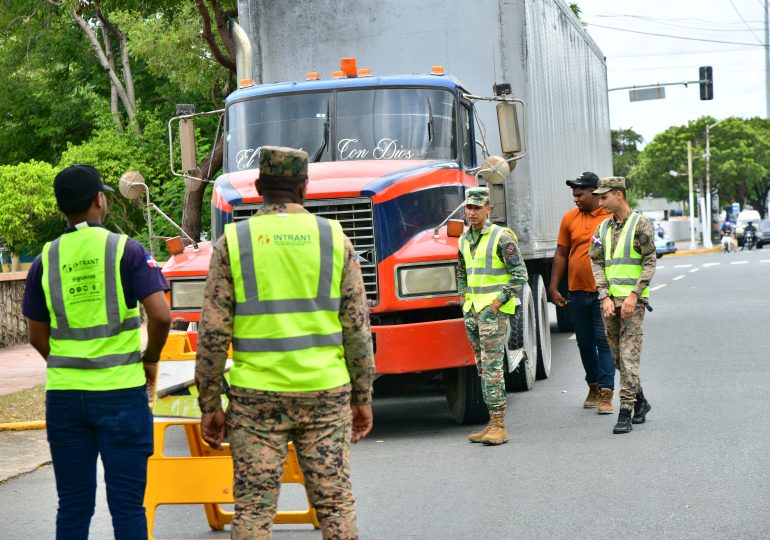SANTO DOMINGO – In a significant environmental achievement, the Cap Cana Foundation has received prestigious recognition from the United Nations Development Programme (UNDP) and the National Council of Private Enterprise (Conep) for its groundbreaking conservation initiative. The foundation was honored in the fifth edition of the Catalog of Promising Practices for its comprehensive program dedicated to reproducing threatened native and endemic plant species in the Dominican Republic’s eastern regions.
The innovative program represents a multifaceted approach to ecological restoration, focusing on cultivating, nurturing, and reintroducing indigenous flora while simultaneously reducing dependence on non-native exotic plants. Through meticulous conservation efforts, the foundation has achieved remarkable success in propagating over 12,100 plants encompassing 122 distinct species, with 12% classified as endemic and 88% as native to the region.
Among the program’s most notable accomplishments is the strategic planting of 1,000 Bayahibe rose specimens within the protected boundaries of Cotubanamá National Park. Beyond physical restoration work, the foundation has implemented extensive educational outreach, conducting environmental workshops that have enlightened more than 600 participants about sustainable conservation practices and ecological stewardship.
This distinguished recognition underscores the foundation’s unwavering commitment to conservation and ecological rehabilitation throughout Cap Cana and the broader La Altagracia province. UNDP and Conep leadership have applauded the initiative for its substantial contributions to sustainable development principles, social inclusion, and comprehensive environmental protection. The foundation has extended an invitation to other institutions, organizations, and concerned citizens to participate in their ongoing mission to preserve the nation’s natural heritage and ensure future generations can experience the country’s rich biodiversity.









